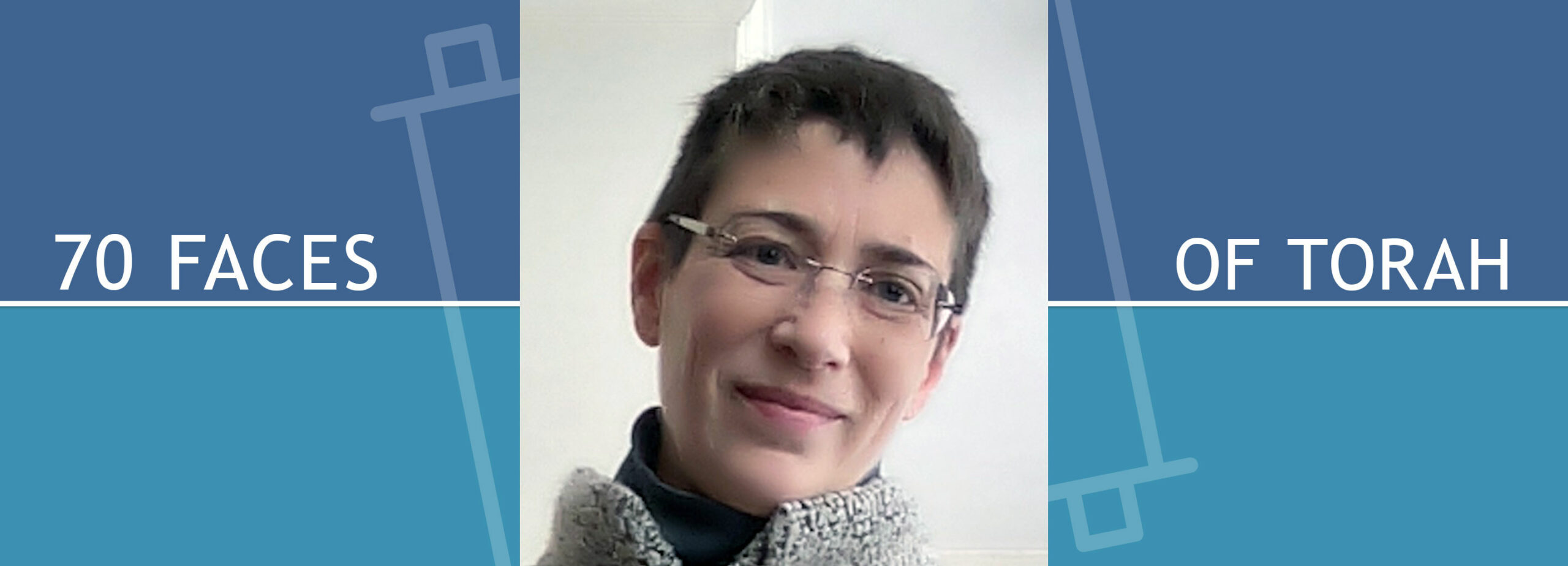Exodus The Leftovers

Parshat Beshallach (Exodus 13:17–17:16)
Some parshiyot are so eventful it’s hard to believe it all fits into one parsha. Beshallach is like that. In Parshat Beshallach, miracles large and small tumble by like waves. The story begins with God sending the Israelites toward the wilderness after they finally leave Egypt. Going the direct way would have taken this fractious, traumatized people in the line of fire of an ongoing battle, so instead God sends them the long way around. God stays with them, as a pillar of cloud during the day and a pillar of fire by night, the better to guide and illuminate the way.
לֹא־יָמִישׁ עַמּוּד הֶעָנָן יוֹמָם וְעַמּוּד הָאֵשׁ לָיְלָה לִפְנֵי הָעָם׃
Neither one departed from before the people: neither the pillar of cloud by day, nor the pillar of fire by night. (Shmot 13:22)
God knows things will get scary, and they do. The Egyptians are hot on the trail, with Pharaoh himself pursuing in his chariot. With the water before them and the Egyptians gaining on them, there is nothing for the Israelites to do but go forward. Into the Sea of Reeds, where another miracle unfurls. The deeps pile up, to the left and to the right, and our ancestors cross on dry land to safety as the unrelenting Egyptians meet a watery end.
As the scene unfolds, the Israelites burst into ecstatic song—or perhaps prayer?
עָזִּי וְזִמְרָת יָהּ וַיְהִי־לִי לִישׁוּעָה זֶה אֵלִי וְאַנְוֵהוּ אֱלֹהֵי אָבִי וַאֲרֹמְמֶנְהוּ׃
My strength and the strength of God will be my salvation. This is my God, and I will glorify Them. God of my forebear, I will exalt Them. (Shmot 15:2)
The journey is difficult; it is all too easy to forget the miracles that have been granted thus far. As they trudge further into the wilderness, the grumbling starts. Maybe we shouldn’t have tried to escape; maybe we should have just stayed where we were. The devil you know is awfully appealing when you have no idea where you are or where you’re going or where your next meal is coming from. Through the rose-colored glasses of familiarity and just enough forgetting, the suffering and struggle that made the Israelites cry out in agony just a few chapters ago now seem quaintly appealing.
Then comes yet another miracle: the manna. Tasting of coriander and your favorite aunt’s honey cake, manna is the substance, mysterious in origin and in form, that keeps the Israelites sustained through their 40 years of trekking through the wilderness. Manna (maan in Hebrew) is, to steal Winston Churchill’s words, a riddle wrapped in mystery inside an enigma. The word means, “What is it?” and is used in the Torah only for this elusive substance.
וַיִּרְאוּ בְנֵי־יִשְׂרָאֵל וַיֹּאמְרוּ אִישׁ אֶל־אָחִיו מָן הוּא כִּי לֹא יָדְעוּ מַה־הוּא
And the Children of Israel looked at each other and said, it is maan, because they didn’t know what it was. (Shmot 16:15)
Each day, God provides manna for the Israelites to collect, enough for their households and no more. One of manna’s most intriguing qualities is that it automatically becomes the right amount—if someone gathers more than they need, the excess disappears; if someone gathers less than they need, the amount expands to suffice. Since it recurs daily, there is no need to take more than a day’s worth. Manna is always enough. Indeed, in a precursor to planned obsolescence, if someone greedily tries to keep manna overnight for use on the next day, it grows rancid. This happens almost every day. On the sixth day, however, twice as much is available, and the people collect a double portion, as they begin unknowingly to get trained in the ways of Shabbat.
Tucked into this peculiar nesting-doll of a miracle, we find this puzzling tradition:
וַיֹּאמֶר מֹשֶׁה זֶה הַדָּבָר אֲשֶׁר צִוָּה יְהֹוָה מְלֹא הָעֹמֶר מִמֶּנּוּ לְמִשְׁמֶרֶת לְדֹרֹתֵיכֶם לְמַעַן יִרְאוּ אֶת־הַלֶּחֶם אֲשֶׁר הֶאֱכַלְתִּי אֶתְכֶם בַּמִּדְבָּר בְּהוֹצִיאִי אֶתְכֶם מֵאֶרֶץ מִצְרָיִם׃ וַיֹּאמֶר מֹשֶׁה אֶל־אַהֲרֹן קַח צִנְצֶנֶת אַחַת וְתֶן־שָׁמָּה מְלֹא־הָעֹמֶר מָן וְהַנַּח אֹתוֹ לִפְנֵי יְהֹוָה לְמִשְׁמֶרֶת לְדֹרֹתֵיכֶם׃
And Moses said, “This is God’s commanded word: ‘fill an omer’s worth from it to preserve for the generations, in order that they see the bread which I fed you in the wilderness in bringing you out from the land of Egypt.’” And Moses said to Aaron, “Take a container and fill it with one omer of maan, and place it before God to preserve for the generations.”
The apparent contradiction between the manna that disappears by midday, rotting if kept overnight, and the small amount that’s preserved throughout the generations, is one of our tradition’s many mysteries. But, to me, it comes down to this: everything we have disappears eventually. Our fine houses and our important jobs and our cool gadgets come to naught in the long, long run. What remains for us now is both ancient and ever-new, a miracle that is sometimes exuberant and sometimes barely detectable.
מַה־הוּא
What is it?
It is, like the manna, what God provided for us in times of harshest troubles and continues to sustain us with today: tradition, hope, and the commitment to generations to come.
Naomi Gurt Lind is a Shanah Bet student at the Rabbinical School of Hebrew College, where she is an Innovation Lab grant recipient, a member of the inaugural cohort of Mayyim Rabbim fellows at Mayyim Hayyim Community Mikveh, and a sought-after educator in Hebrew College’s Open Circle Jewish Learning program. This semester, she is teaching a course entitled TEXT MESSAGES: Ancient Wisdom, Modern Meaning. When she has a free moment, she enjoys solving crossword puzzles (in pencil!), writing divrei Torah on her blog, Jewish Themes, and playing Bananagrams with her spouse and their two genius children.

